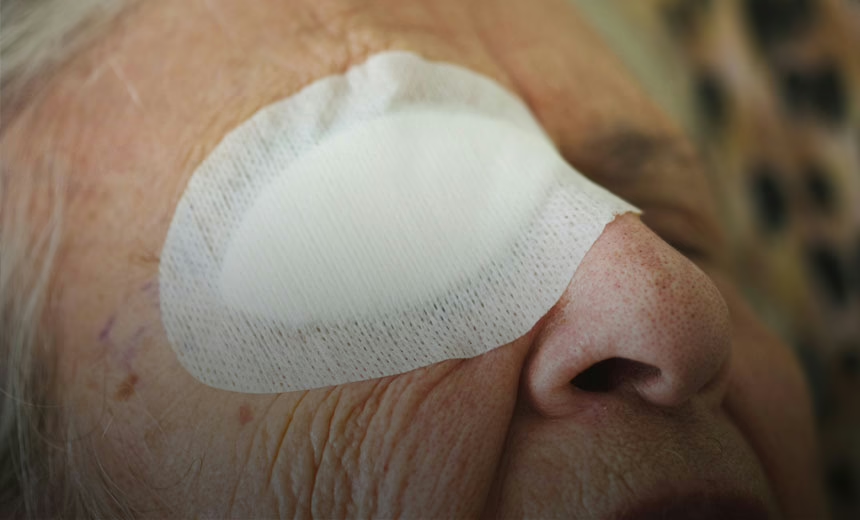Subscribe to eyeMatters periodic news
"*" indicates required fields
Never too old for cataract surgery

In 2011, Guo Liansheng was a 109-year-old who had been battling with poor vision as a result of cataracts – it got to the point where she could barely detect changes in light. Finally, she was taken to a Shanghai ophthalmologist, who recommended that she undergo cataract surgery.
Age limits for cataract surgery?
There is no age limitation for cataract surgery. Although it is up to the individual cataract surgeon, if a person is in good general health and cataracts are impacting on their everyday life, cataract surgery is a viable option.
Are there other restrictions around cataract surgery?
Cataract surgery is not an ‘elective procedure’ – for many people it is a sight-saving procedure that allows them to return to functioning well on a day-to-day basis. Therefore, most ophthalmologists will do their best to find a solution for each and every patient.
Patients who have underlying issues such as diabetic retinopathy or age-related macular degeneration have conditions which coexist with their cataract and this may have implications for how the surgery is performed and what result can be expected.
Other people who also have complex issues include those with:
- Previous eye trauma
- Systemic conditions such as pseudoexfoliation syndrome or diabetes
- Pre-existing eye conditions such as glaucoma, macular degeneration and uveitis
- Corneal transplant
- Eyes that have previously undergone eye surgery
- Genetic conditions such as keratoconus or Marfan’s syndrome
- Very advanced cataracts
These patients require consideration of their particular eye conditions and while cataract surgery should still be done, the patients’ expectations need to be consistent with what can be achieved.
Conclusion
In 2011, Dr Chu Tao of Shanghai New Vision Ophthalmic Hospital performed cataract surgery on Guo Liansheng’s left eye, then on the other eye just in time for Chinese New Year celebrations. The operation was a success, and Liansheng was able to recognise her infant great-great-granddaughter’s face clearly for the first time. In the process, she also set a new Guinness World Record for the ‘World’s Oldest Cataract Surgery Patient’.
More information about cataract surgery
For more information about cataract surgery, click here.
Vision Eye Institute’s highly experienced ophthalmologists perform cataract surgery at our locations in New South Wales, Queensland, South Australia and Victoria.
References
- Eyewire News. British Invention Restores Sight to World’s Oldest Cataract Patient. USA, 4 April 2012. Available at https://eyewire.news/articles/20120404-british_invention_restores_sight_to_worlds_oldest_cataract_patient/ [Accessed 11 January 2021].
- The Royal Australian and New Zealand College of Ophthalmologists. Cataract Surgery Online Patient Advisory. Edition 2. Australia: Mi-tec Medical Publishing, 21 February 2019. Available at https://ranzco.edu/policies_and_guideli/cataract/ [Accessed 6 January 2021].
- American Academy of Ophthalmology. What Are Cataracts? USA, 11 December 2020. Available at https://www.aao.org/eye-health/diseases/what-are-cataracts [Accessed 6 January 2021].
- Davis G. The Evolution of Cataract Surgery. Mo Med 2016;113(1):58–62.
- American Academy of Ophthalmology. EyeWiki: Cataract. USA, 30 August 2020. Available at https://eyewiki.aao.org/Cataract [Accessed 6 Jan 2021].
The information on this page is general in nature. All medical and surgical procedures have potential benefits and risks. Consult your ophthalmologist for specific medical advice.
Date last reviewed: 2022-10-05 | Date for next review: 2024-10-05
